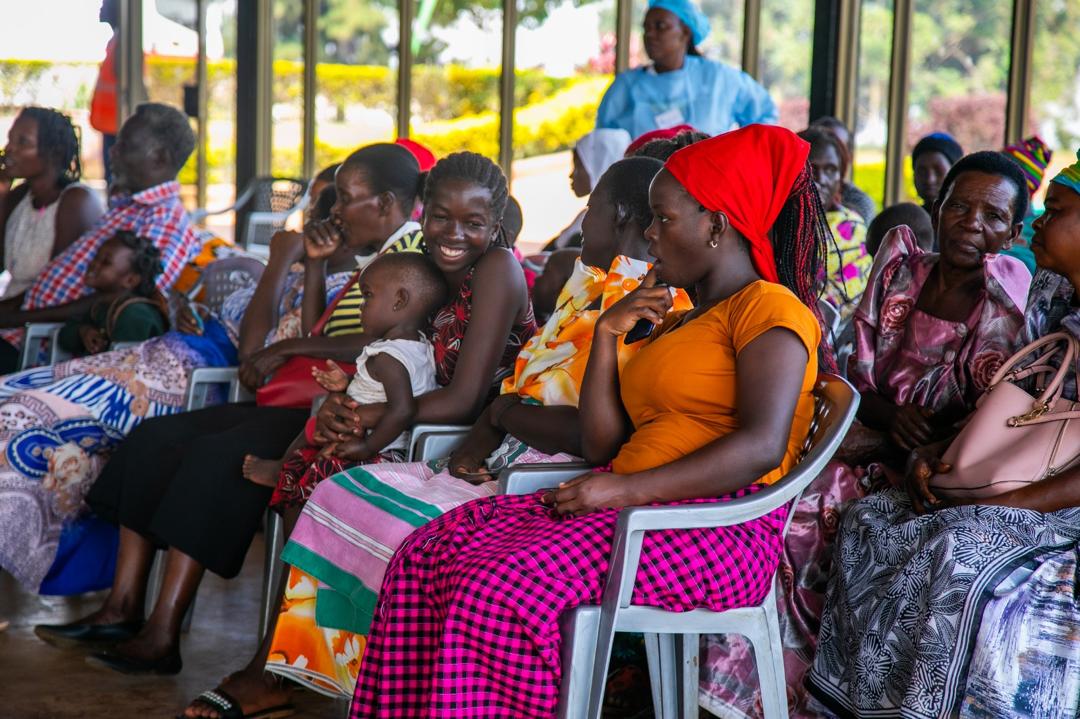Community Health Workers: The Backbone of Healthcare Outreach
How community health workers are transforming healthcare delivery in remote areas.

In Uganda's most remote villages, where hospitals are hours away and doctors are few, community health workers (CHWs) are the unsung heroes bridging the gap between communities and essential healthcare. Trained from within the communities they serve, CHWs are trusted, accessible, and deeply committed to improving health outcomes for their neighbors.
Who Are Community Health Workers?
CHWs are local residents trained in basic healthcare, disease prevention, and health education. They provide first aid, monitor chronic conditions, support maternal and child health, and refer serious cases to clinics. Their unique position allows them to understand cultural nuances and build trust with families who might otherwise avoid formal healthcare.
Impact on Rural Health
- CHWs conduct home visits, ensuring children are vaccinated and pregnant women receive antenatal care.
- They educate families on hygiene, nutrition, and disease prevention, reducing the spread of preventable illnesses.
- During outbreaks, CHWs are the first responders, providing information and distributing supplies.
"Without our community health worker, my children would have missed their immunizations. She checks on us regularly and helps when we are sick." – Sarah, mother of three in Mbale
Challenges and Support
Despite their vital role, CHWs often face challenges: limited supplies, lack of transportation, and minimal financial support. Organizations like Abram Group are working to provide ongoing training, mentorship, and resources to empower CHWs and ensure their sustainability.
The Future of Outreach
As Uganda continues to invest in community-based healthcare, CHWs will remain at the heart of outreach efforts, ensuring that no one is left behind, no matter how remote their home may be.
